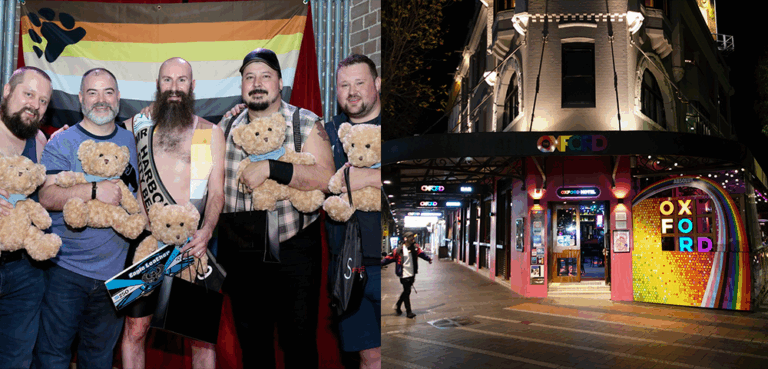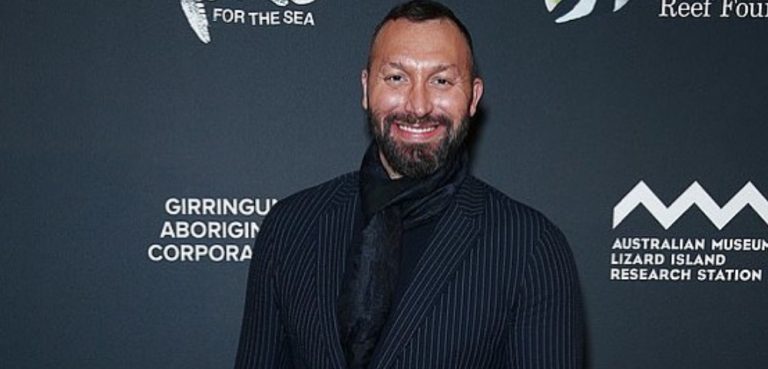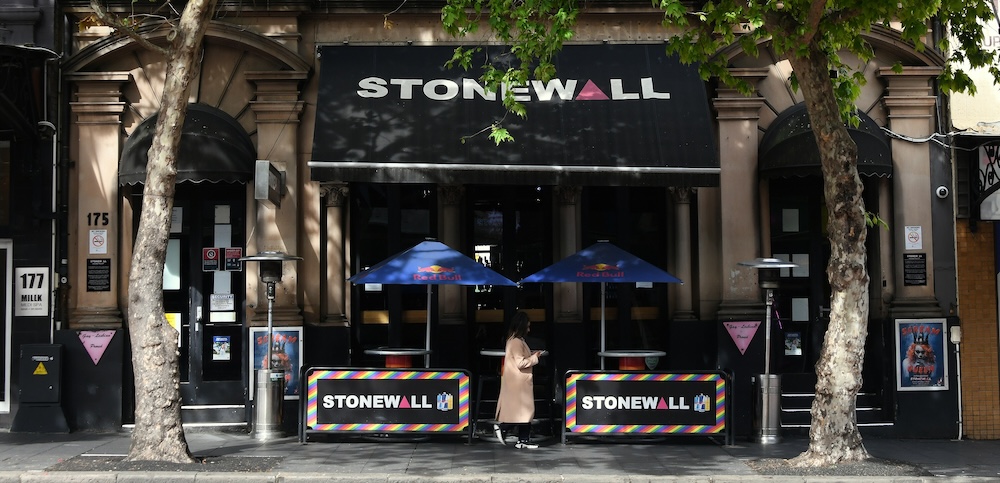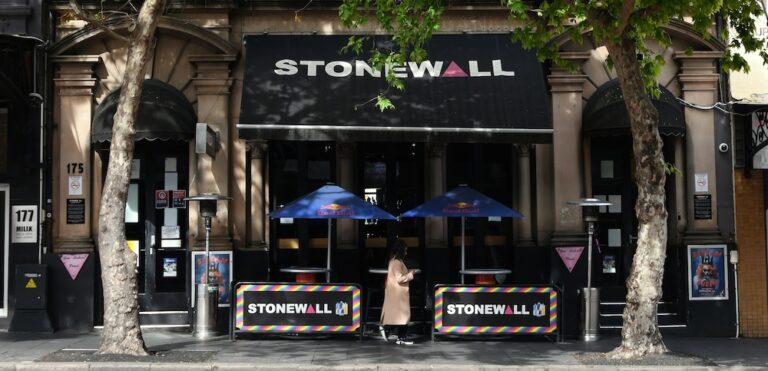
NSW Police Failed To Arrest Suspect Who Murdered Sydney Gay Man In 1991
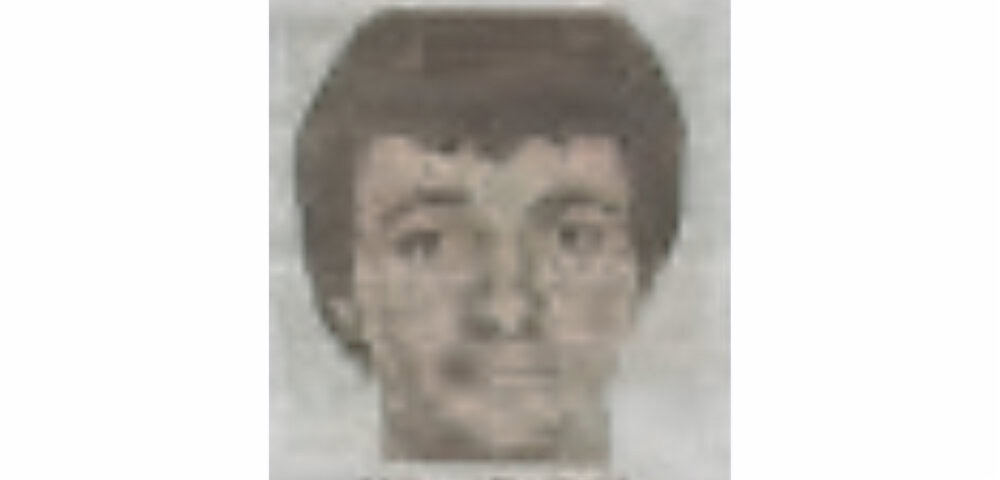
NSW police failed to arrest a man for the death of a Sydney gay man as they believed the 77-year-old retired lecturer was “too old” to have been the murderer, a special inquiry into anti-LGBTQI hate crime deaths heard on Wednesday.
Trigger Warning: This story discusses anti-LGBTQI hate crime deaths, which might be distressing to some readers. For 24-hour crisis support and suicide prevention call Lifeline on 13 11 14. For Australia-wide LGBTQI peer support call QLife on 1800 184 527 or webchat.
This week, the special commission headed by Justice John Sackar is looking into the deaths of seven gay men – John Hughes, Graham Paynter, Russell Payne, William Dutfield, David Lloyd-Williams, Andrew Currie and Brian Walker.
Dutfield, a former apprentice race jockey and bar hand, who according to the police was known to be either gay or bisexual, was found dead in his apartment in the Sydney suburb of Mosman on November 20, 1991.
Police ‘Erroneously Dismissed’ Suspect
Dutfield was killed after he was hit on the head repeatedly with a heavy metal tape dispenser the previous evening.
Initial investigations revealed that Duttfield had spent the evening in the company of his landlord and close friend 77-year-old Arthur Ashworth, first at a bar and later at the Mossman apartment. Duttfield had known Ashworth for over 25 years and had also lived in his house for around 10 years.
The commission heard that police “erroneously dismissed” Ashworth as a potential suspect at a very early stage
The original officer in charge of the investigation considered Ashworth as “too old” to have committed the attack. The police investigations focussed on another suspect who had robbed Dutfield five weeks before the murder. It was later revealed that the suspect was in police custody in another case at the time of the murder.
Forensic Evidence Leads To Killer
Two decades later the police reopened the case and the reinvestigation by Strike Force Hamish “strongly suggested” Ashworth had killed Dutfield.
Ashworth’s fingerprints were found on the murder weapon. DNA evidence also linked a bloodied tissue that was found at the crime scene to Ashworth. The police failed to consider a witness statement that despite his age Ashworth was physically stronger than Dutfield.
Ashworth died in 2006, four years before the police concluded in 2010 that the retired lecturer was the assailant.
“There were a number of pieces of evidence, along with inconsistencies in the account given by Ashworth immediately after the death, that should have been cause for a high level of suspicion concerning his likely involvement in the death at the time it was originally investigated,” Counsel Assisting submitted before the commission.
The commission heard that Dutfield’s murder was unlikely to have been motivated by anti-gay hate.
LGBTQI Bias In Unsolved Gay Deaths
The commission also examined the cases of unsolved deaths of John Hughes, Graham Paynter and Russell Payne. The body of 45-year-old Hughes was found dead in his Potts Point apartment, with his hands and feet bound with an electrical cord and a pillow slip covering his head, in May 1989. He had suffered a blow to the back of his head with a blunt object and the cause of death was asphyxiation by a belt that was tightened around his head.
Hughes was an out gay man, known to his friends as ‘Skinny John’. Hughes’ former flatmate Ian Jones who had referred to Hughes as a “faggot” who “deserved to die” was charged with the murder but was subsequently acquitted by a jury. While the police concluded that robbery was the motive, the assisting counsel submitted that “it is more probable than not that LGBTQI bias” was a factor in Hughes’ murder.
Thirty-five-year-old Graham Paynter’s body was found at the base of a cliff in the seaside town of Tathra, on the south coast of NSW in October 1989. The commission heard that there was no evidence of it being an anti-gay killing and agreed with the police that evidence pointed to an accidental fall.
Thirty-three-year-old Russell Payne’s body was found in his home in the town of Inverell, NSW. In Payne’s case, the commission heard that his death was caused by septicaemia following an act of auto-eroticism where he likely put a metal object into his urethra.




